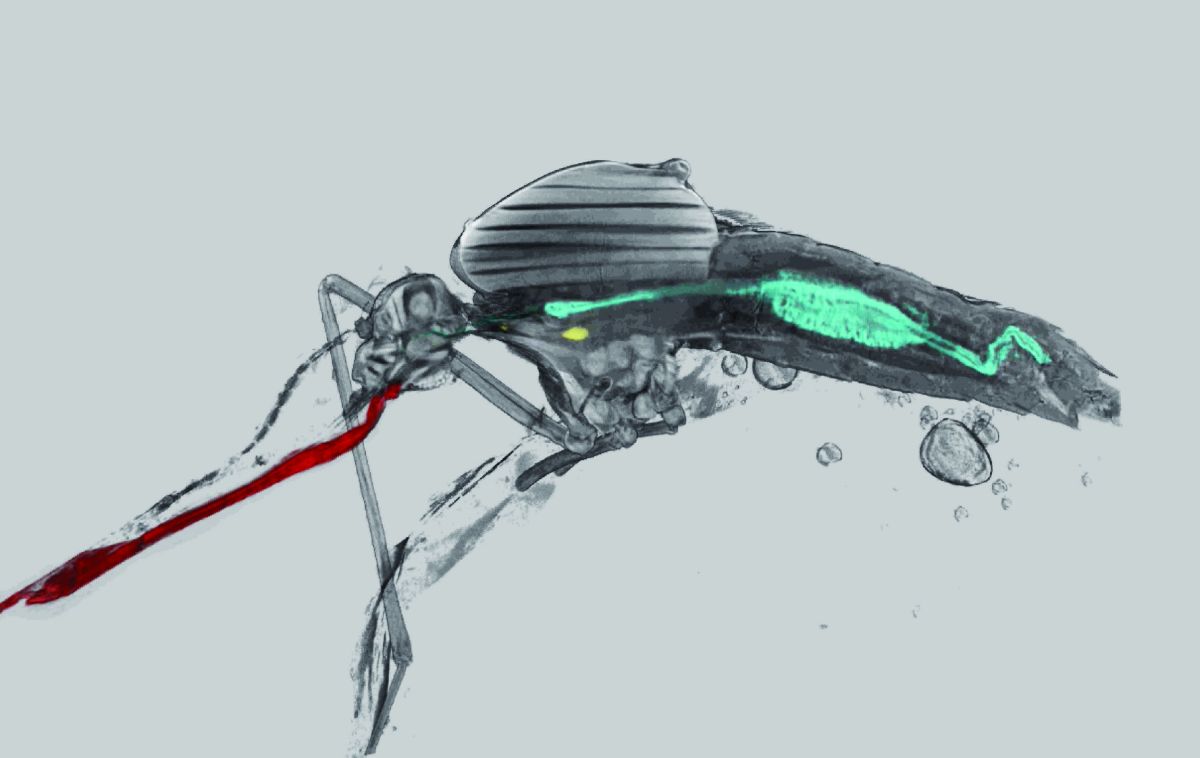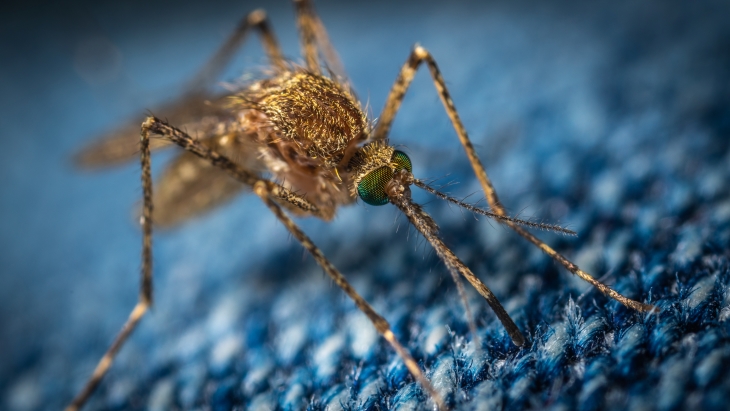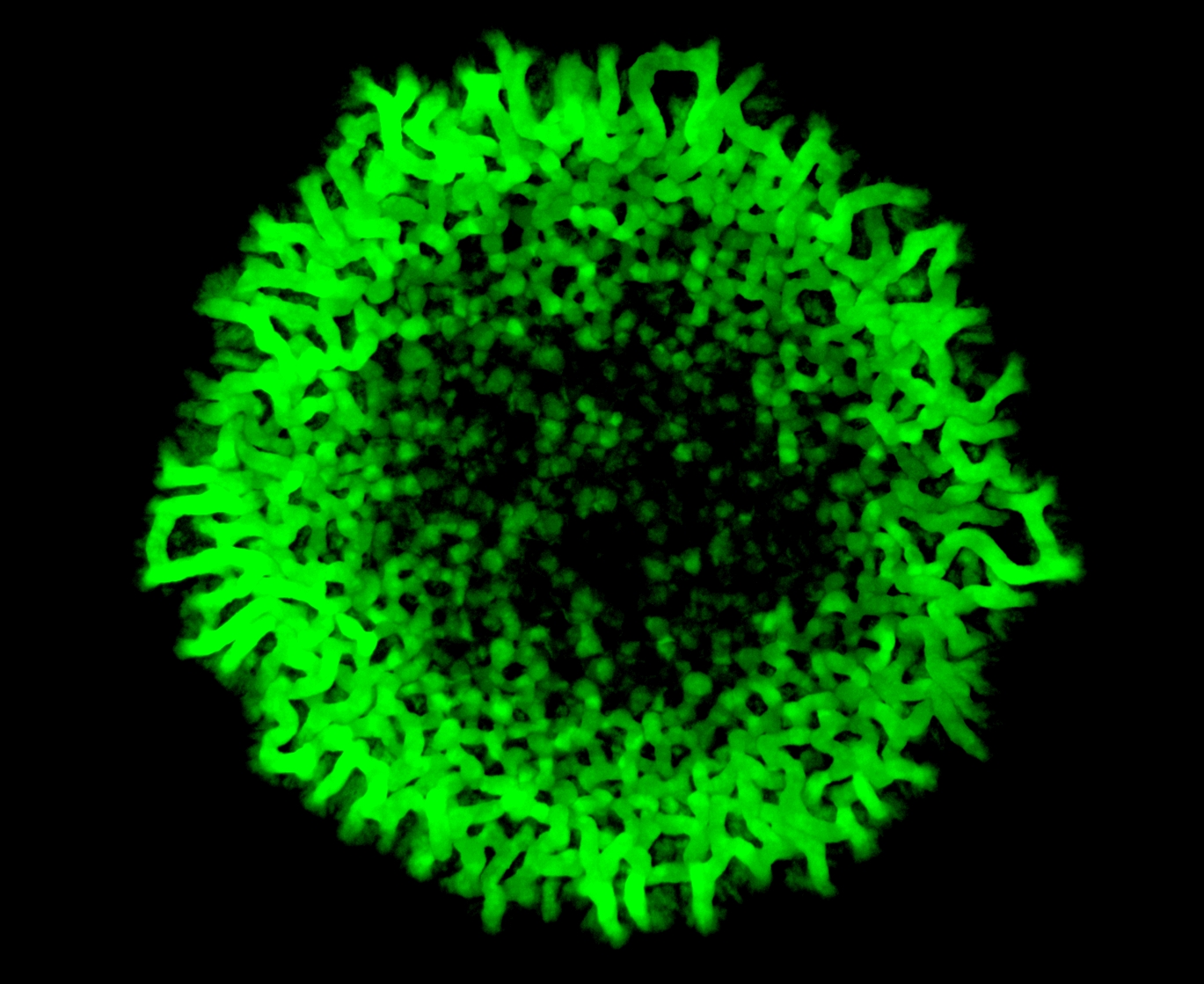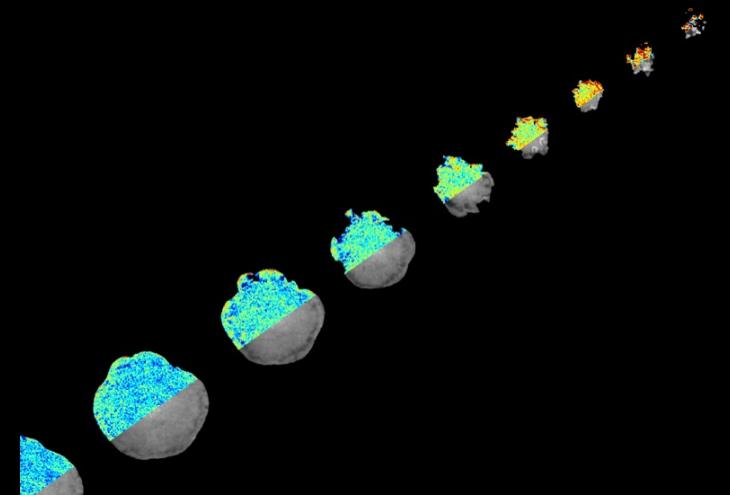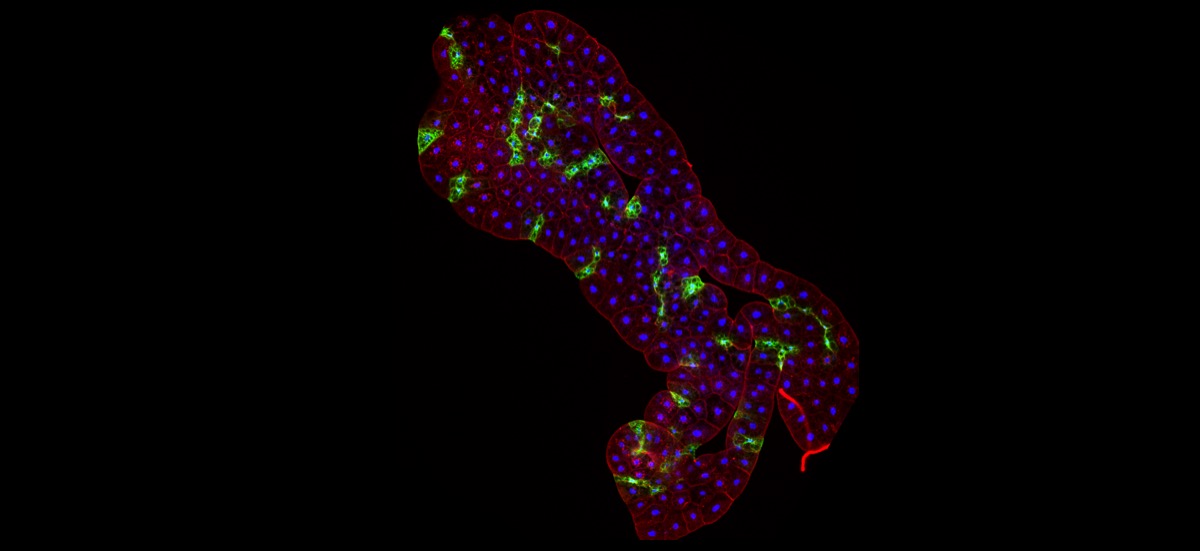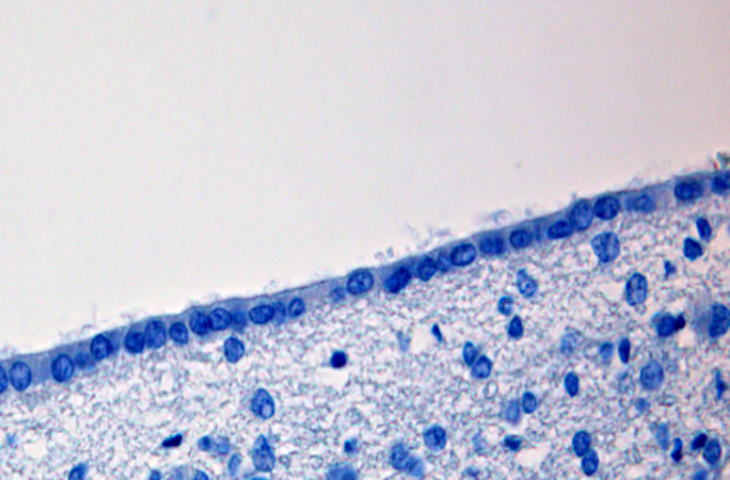-
Insect Flight Muscles: as they really are
Mythology across civilisations is a testament to our fascination with flight. Though very different from the flight of birds, insects show remarkably variable and versatile movement in the air. As subset of muscles in insect thoraces called Indirect Flight Muscles act as the engine that powers the beating of wings. To understand how they work, researchers have investigated molecular details of their function, without adequately being to visualise the overall structure.
-
Collaboration is key to the biomedical ecosystem
June 2019: The Indo-African Dengue Vaccine Development
-
Study reveals metabolic constraints that control how groups of cells specialise and become interdependent
The question of how life arose on earth has always intrigued us. In particular, the question of how unicellular organisms transition into multicellular forms of life, has inspired the work of several scientists across the globe.
-
Molecular switches that regulate fruit colour and flavonol accumulation in grapes
Flowering plants originated about 125 million years ago and became the dominant species to rule the natural world. They seemed to have two advantages over other plants; they had an exuberance of flowers, to help attract animals for pollination, partly through colour, and they also had fruits as a new and safe means of dispersal. Many plants promote seed dispersal by attracting animals to consume their fruit and to disperse seeds. Fruits provide nutritive rewards to animals, often with some fleshy material rich in sugars and starches, and sometimes with proteins.
-
Cell surface organization at the nanometer scale
How do cell membranes integrate mechanical and chemical signals in response to activated sensors? Satyajit Mayor’s group at the National Centre for Biological Sciences (NCBS), Bangalore, has published a new study that sheds light on this process. The team has shown that when a signal for cell migration activates sensors on the cell membrane, specific proteins are clustered together on the cell surface to form ‘nanodomains’. Nanodomain formation is crucial for cell migration, and involves both chemical and mechanical signals.
A battle rages on in silence. -
A matter of fine balance: electrical balance in the brain
Image: Despite more than a million fold difference in the light intensity, our brains enable us to see the same scene in broad daylight and a dim night by the process of normalization. This article shows how brains "can" perform normalization by precisely balancing two equal and opposite forces - excitation and inhibition.
Artist of the graphic: Hrishikesh Nambisan
-
A molecular rheostat for insulin signalling
A mutant fruitfly strain studied by researchers from the National Centre for Biological Sciences (NCBS), Bangalore, may hold the key to understanding what goes wrong with insulin signalling in type-2 diabetes. When raised on a high-sugar diet, normal flies show a 25% increase in blood sugar levels; but the mutant flies—which lack the enzyme PIP4K (short for phosphatidylinositol 5 phosphate 4-kinase)— have normal blood sugar levels when raised on a high-sugar diet.
-
Genomics uncovers the mystery of the magic drumstick tree - Moringa oleifera
Did you ever wonder why our grandmothers insisted on having a Tulsi plant (Holy Basil) in front of the house and a Moringa (Drumstick) tree in the backyard? Each and every part of the drumstick tree has a medicinal value and is a rich source of nutrients and minerals.
-
New hope in the pipeline for autistic individuals
Shashi (name changed) is an autistic eighteen year old. Today he is a calm and quiet young adult who responds when spoken to and does not have meltdowns. He is also very good at painting ,can sit for a long time while painting, and can participate in social events and community get togethers. As a two-year old, it was not so. Shashi’s nerves were always on edge and he rarely would sleep. While walking or playing, Shashi was oblivious to his surroundings and hurt himself many a time as he stumbled or hit objects around him.
-
A window into the mind: discovering how antipsychotic drugs affect the brain
Researchers from the National Centre for Biological Sciences (NCBS), Bangalore, have developed a mouse model for detecting cells that respond to antipsychotic drugs in live brain tissues. Using this, the team have also discovered that the antipsychotics Clozapine and Olanzapine affect ependymal cells—a class of brain cells responsible for producing cerebrospinal fluid—previously unknown to be affected by antipsychotics.


